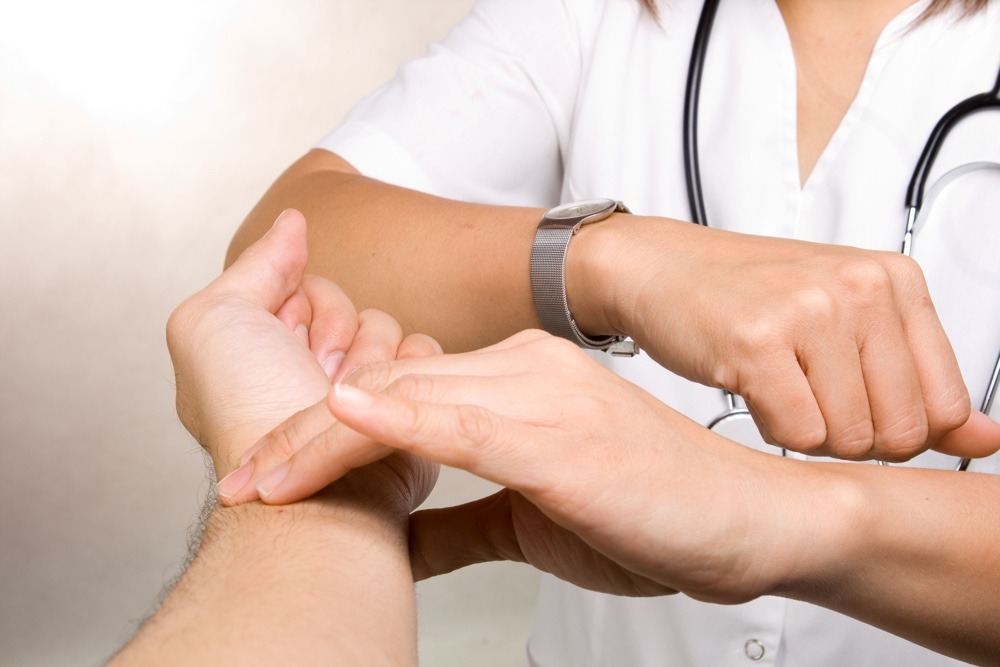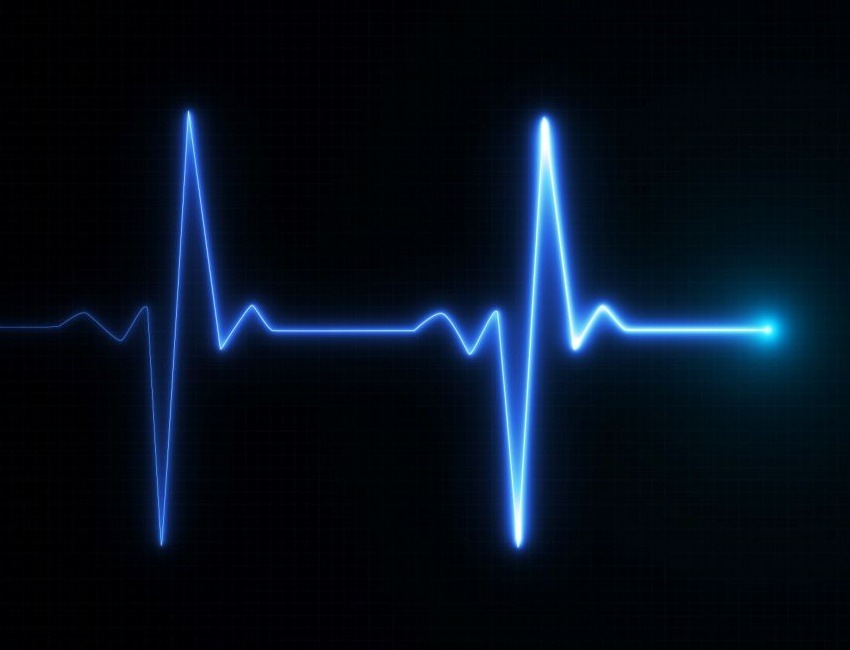What Is A Normal Pulse Rate?
18
April
2023
Pulse rate, also called heart rate, is the number of heartbeats per minute. A normal resting heart rate is 60-100 beats per minute, but it can fluctuate from minute to minute.
Age and general health can also affect heart rate. So keep in mind that a "normal" heart rate can vary from person to person.
There are several types of angina.
What is a fast pulse?
A resting heart rate above 100 beats per minute is considered fast.
A fast heart rate, also known as tachycardia, can be associated with a variety of health conditions. It's normal for your heart rate to go up when doing physical exercise or when your body is fighting an infection.
If you notice a rapid increase in your heart rate, feel dizzy, faint, or have heart palpitations (a pounding or irregular heartbeat sensation), see your doctor.

What is a slow heartbeat?
A resting heart rate of fewer than 60 beats per minute is considered slow (bradycardia).
Some people, such as athletes, fit and healthy young adults, or those using beta-blockers, may have a slower heart rate. For example, it is common for a highly active person to have a resting heart rate of 60 beats per minute or less for him
However, an unusually slow heart rate, especially if it's uncomfortable, may indicate a problem with your heart. If your heart rate is slower than normal and you feel weak, tired, or dizzy, see your doctor.

Is it normal for your heart rate to go up when you exercise?
Yes, it is normal for her heart rate to increase to 130-150 beats per minute or more during exercise
Use the target heart rate tool to see what beats per minute you should be aiming for during your workout
What causes my heart rate to change?
There are many other reasons for sudden changes in heart rate besides exercise. Some common reasons are illness, fever, dehydration, anxiety, medications, and other health problems.
Dehydration
When you are dehydrated, your blood volume falls and your heart has to work harder to circulate blood throughout your body. Your heart beats faster and you may notice palpitations (a feeling that your heart is beating, or that your heart is pounding or beating irregularly).
Staying hydrated is essential to regulate your heart rate and has many different health benefits. Women should drink 6-8 glasses (or 1.6 litres) and men 8-10 glasses (or 2 litres) daily.
Infection or fever (including Covid-19)
An increased heart rate is common in response to infections and fevers. This happens when the heart beats harder to carry oxygen and immune cells throughout the body to fight infections. A viral infection such as the flu or Covid-19 can cause her heart rate to increase.
Medicines
Some drugs can also cause heart rate changes. For example, certain asthma medications can increase your heart rate, while heart medications (such as beta-blockers) can slow it down.
Heart problems
An abnormal heart rhythm (arrhythmia) can be caused by a problem with your heart's electrical conduction system in some situations. This might cause your heart to beat more slowly, faster, or irregularly. Some arrhythmias are more severe than others, and some are associated with more serious cardiac problems.
For proper diagnosis and treatment of your chest pain visit Hill Regional Hospital. Our specialists are very well experienced in treating conditions like angina. To know more about angina make an appointment with our doctors, call us now.
Evaluate your heart condition with specialists at Hill Regional Hospital and get quality treatment.